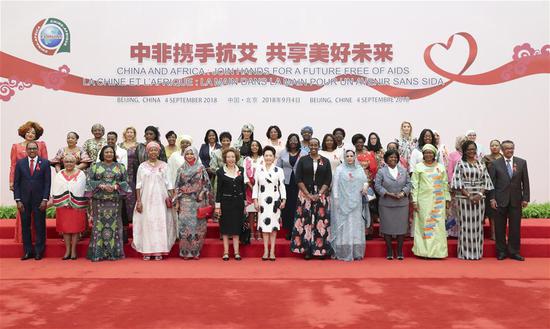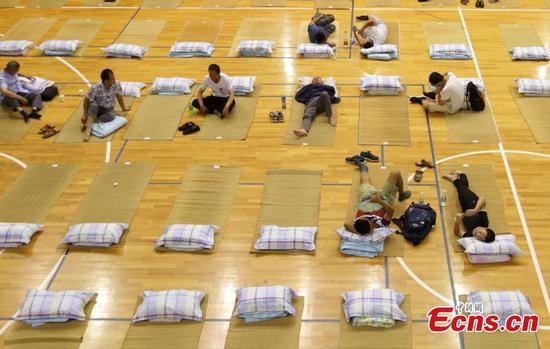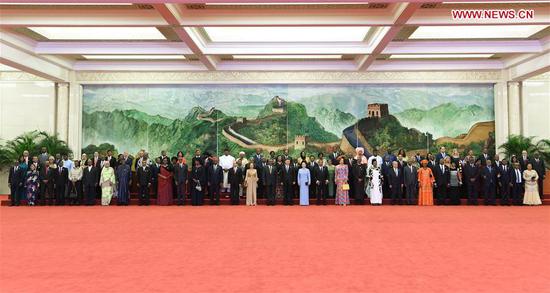
Better promotion of gender equality in the workplace could result in China's GDP growing by $2.6 trillion in 2025, according to a report, which said research has shown that greater equality benefits both employer development and economic returns for the entire society.
The growth could be mainly achieved by encouraging the greater participation of women in the labor force and encouraging sectors that employ large numbers of women to become more productive, according to the report by McKinsey & Co. The global management consultancy recently revealed its China findings jointly with the British consulate general in Shanghai with the aim of advancing female equality.
"The industries in which many women work, such as textiles and communications, can be encouraged to be more productive so these women can receive higher pay," said Jonathan Woetzel, director and senior partner of McKinsey Global Institute.
The report, based on data from reports published in 2015 by China's top 100 public companies by market capitalization, also found that women account for 51 percent of entry-level professionals in the Chinese workplace. However, the figure fell to 22 percent and 11 percent for middle and senior management roles respectively.
"Many economies, including China, are faced with challenges of aging and a shortage of labor and technical professionals. It is undoubtedly a waste of talent if the proportion of women is low in managerial levels," Woetzel said.
John Edwards, Britain's consul general in Shanghai, said such a significant drop is a problem.
"In the Chinese government there are brilliant women in deputy head positions, but many cease to continue climbing the career ladder," he said, adding that the report showed that female participation at board level in Britain is 25 percent, compared with 10 percent in China.
To advance female equality, joint efforts need to be made globally, Edwards said: "In the UK eight out of 10 companies still pay men more than women to do the same job."
The report suggested an equal retirement age for men and women, which would provide women with more opportunities to work in senior positions, and implementing family-friendly work practices, such as remote and flexible working.
"Around 45 percent of all respondents believed that 'anytime anywhere' performance was the top barrier in the workplace. We suggested developing women's entrepreneurial and digital skills and networks, particularly in rural regions," Woetzel said.
The report also suggested mandatory minimum paternity leave.
"Having child care as a joint endeavor by both the mother and father is conducive to the better development of the offspring. In some northern European countries, shared parental leave has taken the place of maternal and paternal leave," Edwards said.
He added that businesses that include gender bias in job ads should be criticized.


















































